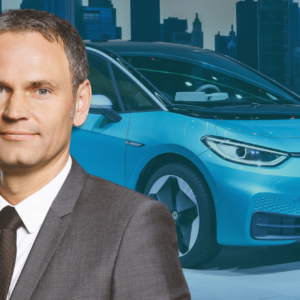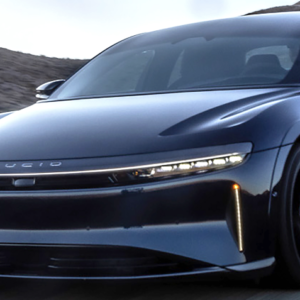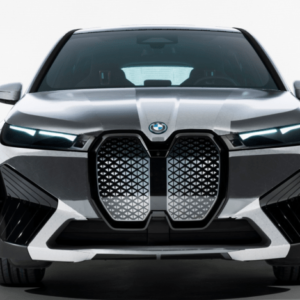In the picturesque county of Oxfordshire, England, a revolution quietly gains momentum. Arrival, a UK-based electric vehicle (EV) startup, is redefining the future of transportation, not just through the creation of futuristic vehicles but by overhauling the very fabric of automotive manufacturing. Their approach? A network of microfactories strategically peppered across the globe, each nestled close to the markets they serve, promising a radical reduction in transportation costs, emissions, and the agility to meet demand with unprecedented efficiency.
Unlike traditional automotive giants with their colossal factories, Arrival’s microfactories offer a nimble alternative. This model facilitates quicker and less expensive setups, allowing Arrival to swiftly adapt to changing market needs and scales. It’s a strategy that not only promises to expedite their market entry but also significantly diminishes the environmental impact associated with the long-distance transportation of vehicles. “Our microfactory approach embodies our commitment to sustainability and agility,” explains Arrival’s spokesperson, highlighting the dual benefits of their innovative production strategy.
But Arrival’s ambitions stretch far beyond manufacturing logistics. Their mission is a clarion call to democratize electric mobility – to forge a future where EVs are not a luxury but accessible to all. It’s a vision that sees clean, connected, and affordable mobility solutions as a fundamental right, not a privilege. This vision is underpinned by several core innovations and commitments:
- Microfactory Model: A testament to efficiency and environmental stewardship, proving that big isn’t always better.
- Lightweighting Designs: Arrival’s vehicles, crafted from composite materials, promise not just superior range and lower energy consumption, but a significantly reduced environmental footprint.
- Vertical Integration: Controlling significant aspects of production, Arrival ensures both quality and efficiency, streamlining the path from conception to customer.
- Sustainability Focus: From responsible material sourcing to renewable energy use in production, Arrival’s commitment to sustainability is all-encompassing, striving for a circular economy.
Despite these strengths, Arrival faces the growing pains typical of any trailblazer. Their production volumes, while growing, are yet to match those of established industry behemoths, limiting their immediate market impact. The EV space is fiercely competitive, crowded with both legacy automakers and new entrants. Moreover, the ambitious scale of Arrival’s vision presents its own set of execution risks, from production ramp-up to the delivery of technological advancements.
Arrival’s market strategy is as innovative as their manufacturing approach. Eschewing traditional dealership models, they aim for a direct-to-consumer approach, enhancing transparency and reducing costs. Their pricing strategy is value-driven, focusing on optimizing production costs to offer competitively priced vehicles without compromising on quality or features. “We believe in transparency and value, offering our customers competitive pricing by focusing on what truly matters,” states Arrival’s marketing head, emphasizing the dual pillars of their pricing and marketing strategy.
The company’s initial focus on commercial vehicles, such as electric vans for fleet operators, is both strategic and pragmatic. This segment not only offers a high demand potential but also serves as a proving ground for Arrival’s technologies, which will later underpin their foray into the passenger car market. “Our entry into the commercial vehicle segment is just the beginning,” says Arrival’s CEO, hinting at the broader ambitions of eventually catering to a wide array of customers, from eco-conscious families to businesses seeking efficient logistics solutions.
Arrival’s journey is emblematic of a broader shift within the automotive industry, challenging entrenched norms and championing a more sustainable, accessible future for mobility. Their success will largely hinge on their ability to scale production, navigate the competitive landscape, and fulfill their sustainability promises. As they move forward, Arrival’s blend of innovation, strategic market positioning, and unwavering commitment to their mission positions them as a potentially transformative force in the EV market, making the dream of sustainable mobility a tangible reality for a global audience.










